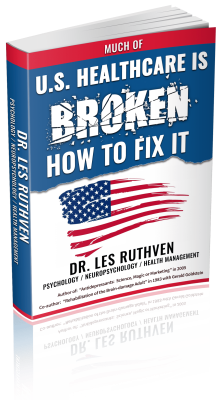Last updated on January 8th, 2024 at 10:14 am
The journal of Molecular psychiatry warns that prolonged exposure of the brain to the amphetamine in Adderall can have neurotoxic effects. In one study there was a higher rate of prolonged amphetamine exposure in Parkinson patients than in their spouses and care givers.
Prolonged exposure was defined as a minimum of twice a week (greater than 3 months) or weekly use for more than a year.
“Increased risk of diseases of the basal ganglia and cerebellum in patients with a history of ADHD” (Karen Curtin et al Neuropharmacology, 43, 2548-2553, 2018).
Patients with ADHD (31,769 subjects) had a 2.4 fold increased risk of basal ganglia and cerebellum disease (95% confidence interval) compared with 156,740 non-ADHD persons. In 4960 patients prescribed psychostimulants, risk of basal ganglia and cerebellum between ages 21 and 49 years was especially pronounced at 8.6-fold. (There is also some data to suggest there is a lower life span in ADHD persons than non-diagnosed ADHD people.)
Over a 20 year follow up period these ADHD persons had a twofold increase in basal ganglia and cerebellum disease (including Parkinson’s Disease).
The writer had no argument with the data from the above study but I departed company with the investigators in their conclusions from the data. Obviously from the study findings one would want to know was the brain-basal ganglia and PD findings due to the diagnosis (ADHD) or to its treatment, i.e., Adderall and other amphetamines?
The investigators, ignoring the obvious, came up with the following which seems to me to come out of thin air.
“The association of ADHD patients prescribed psychostimulants with higher risk of diseases of the basal ganglia and cerebellum may reflect a more severe phenotype rather than a direct association between prescribed stimulant use and basal ganglia or cerebellum disorders”.
In reviewing the health literature I have noticed many times as in the above when the cause of the “bad” result is due either to the treatment or the disease the investigators are prone to indict the disease as in this case.
A few prominent research psychiatrists finally accepted the fact that the longer depressed and schizophrenic patients are on their psychiatric drugs the worst the outcome, these psychiatrists came up with the explanation that these two diseases are both neurodegenerative! How’s that for spin doctoring!


